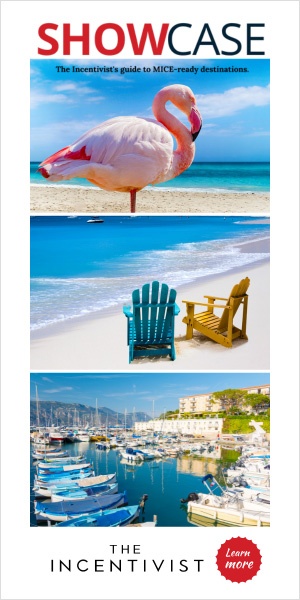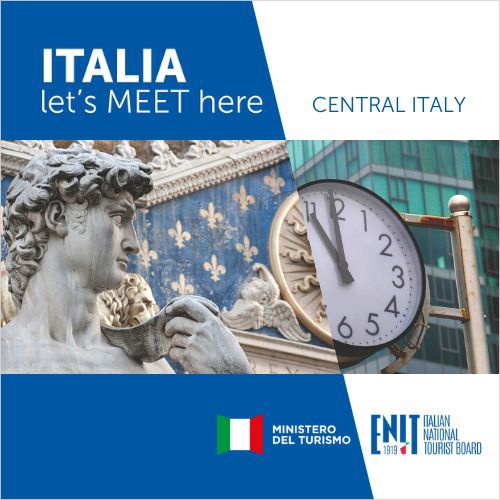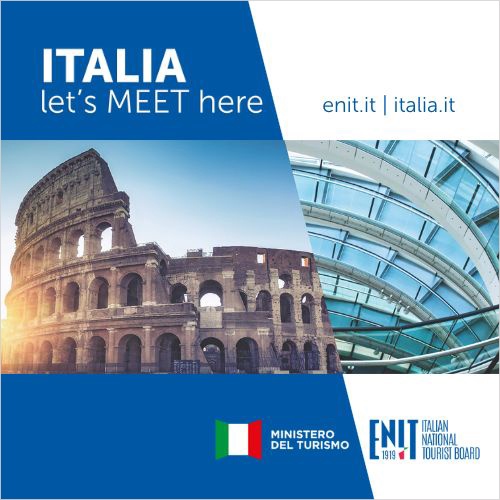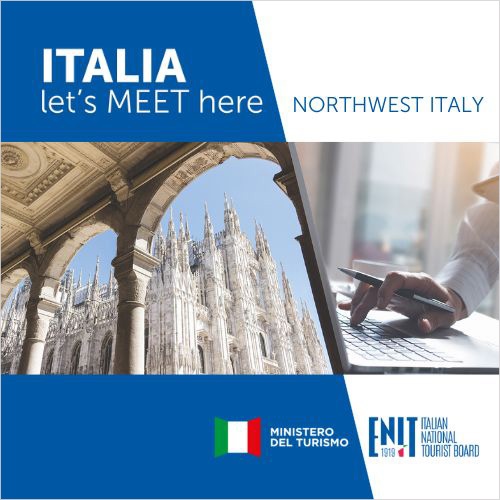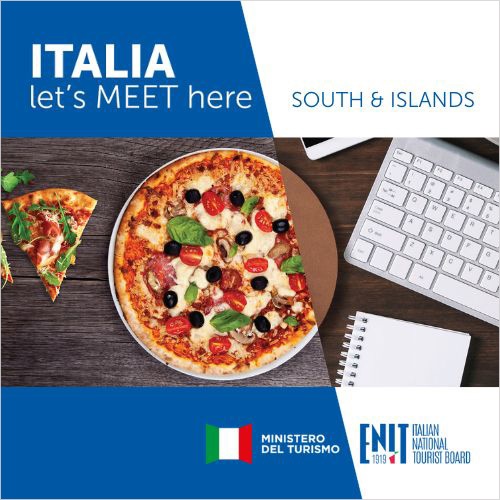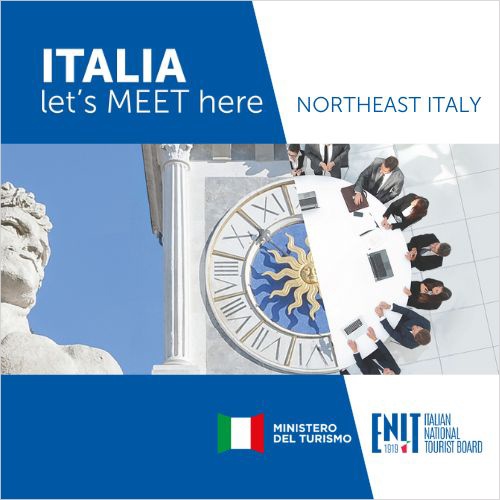
Rutger Hoorn, Vice-President, Global Sales, Ovation DMC
It would not surprise anyone if this title was copy-pasted from an early 2000 headline.
How well prepared was the MICE industry for current sudden (pandemic) digital transformation? Event management agencies were already on their way and digital was in some shape or form already becoming an increasingly important part of their revenues. But, let’s face it, nobody was ready when this crisis took over the entire world. During the first weeks the industry was paralyzed, stunned. Crisis teams were put in place, health officials activated everywhere. Even digital meeting platforms had trouble in providing the right tools and offering secure online spaces during the snowballing demand. Quickly it became apparent that the industry had to accelerate its digital development, its knowledge and skills.
What are you organizing this event?
For the events industry the objective of events has not changed: Bringing people together and create an experience providing appropriate content. We changed from physical to virtual, but our key belief remains unchanged. Confusion is normal in these uncertain times though and a large amount of conversation was had on tools rather than strategy. The top question from a planner’s perspective goes to which virtual platform they need to use, while the question (as always) should start with “why.” Why are you organizing this event? What is its purpose? What are the preferred outcomes?
Start with strategy before you turn to platform.
So what can a destination management company (DMC) bring to the table? One of the most interesting questions at the moment. The problem and the opportunity may lie in the name itself: Destination Management. With events not travelling to the countries or cities the key function of a DMC is gone. Logistics production, creative and onsite support is simply not happening. Maybe we should rethink the approach?
Does a “destination” have to be a physical destination?
We can be sure that digital is here to stay even though we are all convinced that face-to-face will come back and will come back strong. We need to start accepting that part of our business will become increasingly digital. An emphasis on the hybrid variant to provide the option for delegates to either stay home or travel to the physical event. Therefore strong alliances with digital strategies and audio-visual experts is so important now. Having key offerings in place will let you hit the ground running once countries reopen again.
The real challenge of a DMC lies in its business model; it is too reliant on large groups coming together. And maybe even the stubbornness of not sharing local intellectual property? Will DMCs need to adapt their business model, radically changing it, not sit idle and just wait for face-to-face events to return?
What can be changed? Is the industry able to increase the quality of the service and offers further? Should DMCs add on nontraditional scope of services? Remember that rise of the Internet took away at least 30 percent of DMCs’ business revenues—hotels could be sourced directly and the full expansion of intermediary sourcing agencies globally. Then the DMCs physical domain was scorched again due to increased radical terrorism. Now a global pandemic. What is next? Climate change disasters? DMCs need to radically improve and diversify their portfolio of services, moving into the digital world more actively.
A threat and an opportunity
The virtual world of events may well be a threat for DMCs that are unwilling to look at the business model as a whole. DMCs that do not add on new components or diversify their scope of services. The discussion on the future of DMCs is obviously not a new one, but again it floats back up in times of crisis. Keep challenging ourselves in the way we offer products and services, create extra value by doing things differently, proactively thinking for its customers, is the way we can improve the way we are doing business in the future. Digital components, strategic collaborations, a true sustainable offering: are you ready?
In the meantime, we should use this time to re-skill and upskill, stay up to date. Futurist and philosopher Alvin Toffler once wrote: “The illiterate of the 21st century will not be those who cannot read or write, but those who cannot learn, unlearn and relearn.” We need to unlearn the way we traditionally look at our business and relearn what matters most.


